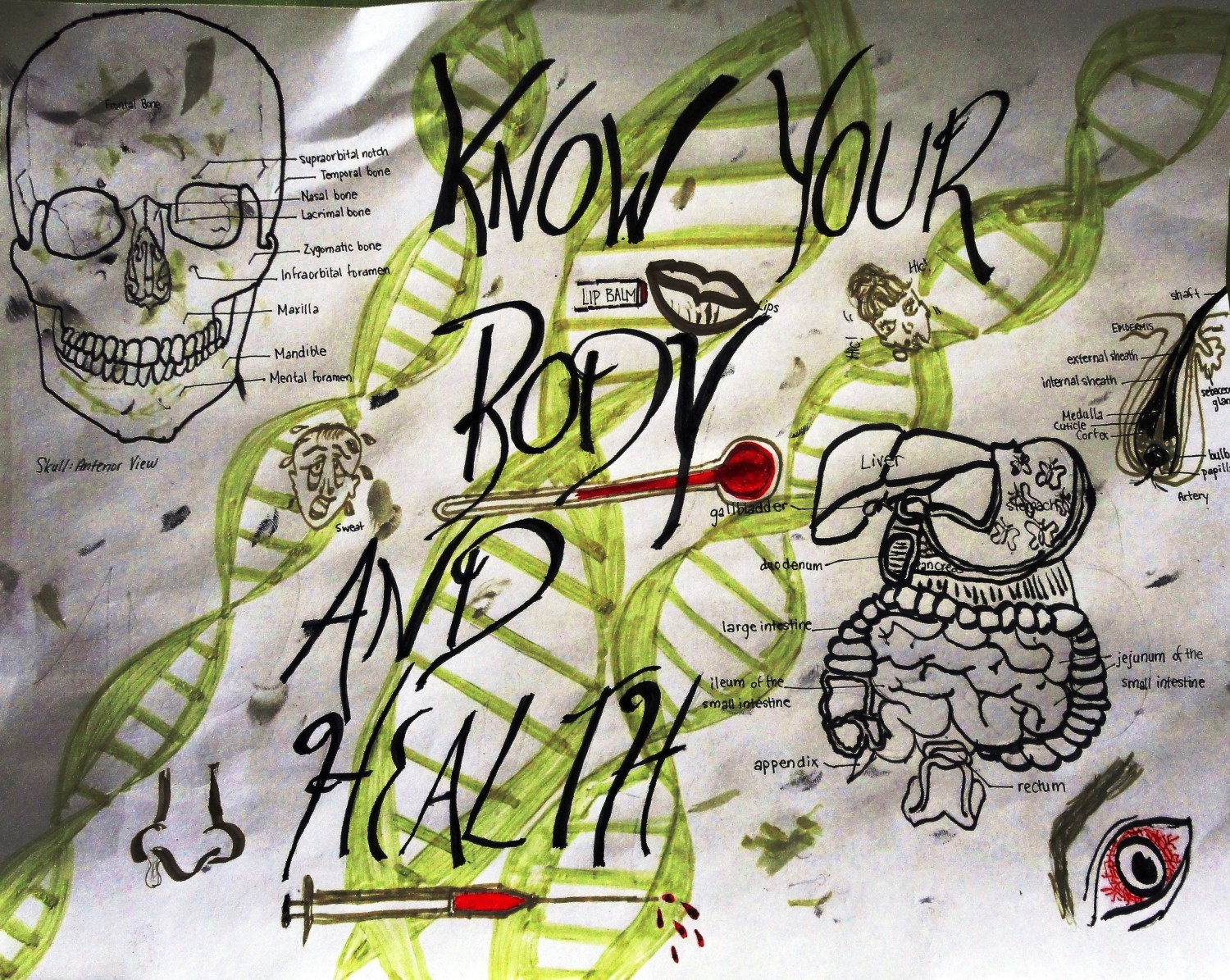It’s awful when you’re sleeping over at a friend’s house (or a “friend’s” house) and you wake up only to find that your breath smells absolutely dreadful. Morning breath is extremely unfortunate, yes, but is it really as bad as we make it out to be? It may surprise you what morning breath really represents!
Why do we get morning breath?
When we sleep, our cells are still active. They allow our hearts to beat, our lungs to intake oxygen, our muscles to move and so many other functions that we don’t even register when we’re asleep or even awake. To keep active, our cells constantly require a particular molecule, referred to as adenosine triphosphate or ATP, that helps drive several different biological reactions. They get this molecule by breaking down glucose, which we find in our diet and which other ingested sugars are usually converted to.
When we eat during the day, our bodies don’t require all of the glucose ingested, so it stores it in the form of glycogen, which is just a chain of glucose molecules.
So when we aren’t eating, our cells access these stores of glucose and break them down to produce ATP. This happens when we’re sleeping too. However, we’ve used so much of this glucose throughout the day that, eventually, our stores of glucose run low. The cells don’t want to use every single molecule of glucose, so they resort to another molecule to breakdown in order to generate ATP: fats.
That’s right, our cells use FAT; they breakdown fat for energy via a process called β-oxidation. This yields a product that, when under ‘fasting conditions’, is converted into ‘ketones’ by the liver. These ketones, which are acetones, are the culprits of the bad smell (think of the smell of nail polish remover and mix that with fruit!). The more ketones that have been produced, the worse your breath will smell but also the more fat your body has degraded… while you were sleeping.
So is morning breath really that bad? I think it’s a good trade-off, especially because the morning breath is an easy fix for most people.
